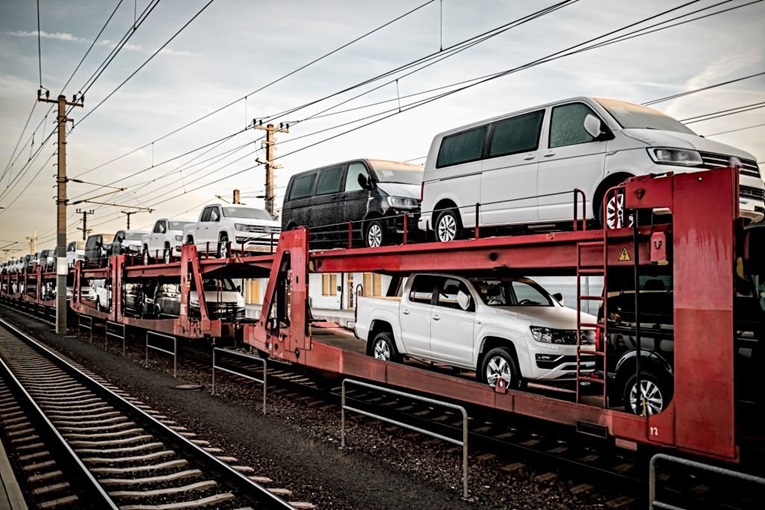
Discover the benefits of car transport by train. This comprehensive guide explores the advantages, considerations, and process of car transport by train, providing valuable insights to help you make an informed decision for your vehicle transportation needs.
Introduction
When it comes to transporting your car, you may think of traditional methods such as driving or utilizing car shipping services. However, an often-overlooked option that offers convenience and efficiency is car transport by train. Rail transport provides a reliable and cost-effective solution for moving your vehicle across long distances. In this guide, we will explore the benefits and considerations of car transport by train, enabling you to evaluate if this mode of transportation is the right choice for you.
Car Transport by Train: Advantages and Considerations
Transporting your car by train can offer several advantages, along with specific considerations that need to be taken into account. Here’s what you need to know:
- Efficient and Reliable Transportation
Trains are known for their efficiency and reliability in moving goods and cargo. Car transport by train benefits from these characteristics, ensuring your vehicle reaches its destination safely and on time. Trains adhere to strict schedules, minimizing delays and providing a predictable timeline for your car’s transportation.
- Cost-Effective Option
Compared to other transportation methods, car transport by train can be a cost-effective choice. Train transport allows for the consolidation of multiple vehicles, reducing individual shipping costs. Additionally, trains consume less fuel per vehicle, resulting in potentially lower overall transportation expenses.
- Reduced Wear and Tear
Driving your car over long distances can lead to wear and tear on the vehicle. Opting for car transport by train eliminates the need for extensive driving, reducing the mileage and potential damage to your vehicle. It can be particularly beneficial if you own a classic car or a vehicle that requires special care.
- Convenient and Time-Saving
Car transport by train offers convenience and time-saving benefits. Instead of spending long hours driving, you can save time by entrusting your vehicle to the train transportation service. This frees up your schedule to focus on other aspects of your relocation or travel plans.
- Eco-Friendly Solution
If you are conscious of your environmental impact, car transport by train is a greener option compared to driving individual vehicles. Trains have a lower carbon footprint per vehicle, contributing to reduced emissions and environmental conservation.
Considerations for Car Transport by Train
While car transport by train offers numerous advantages, there are a few considerations to keep in mind:
- Accessibility: Ensure that the origin and destination locations have appropriate railway infrastructure and facilities for international car shipping cost calculator for car loading and unloading. Not all areas may be accessible by train, so verify the availability of train services for your specific route.
- Additional Transportation: In most cases, you’ll need to arrange for additional transportation to and from the train terminals. Factor in the cost and logistics of dropping off and picking up your vehicle at the designated locations.
- Time Constraints: While trains are generally efficient, they adhere to predetermined schedules. If you have specific time constraints for your vehicle’s transportation, consider whether train transport aligns with your timeline.
- Security and Insurance: Research the security measures and insurance coverage provided by the train transport company. Ensure your vehicle is adequately protected during transit, and inquire about liability in case of any damages or incidents.
FAQs: Answers to Your Car Transport by Train Queries
How does car transport by train work?
Car transport by train involves loading your vehicle onto a specially designed railcar. The car is securely fastened, and the railcar is then transported to the desired destination. At the destination




